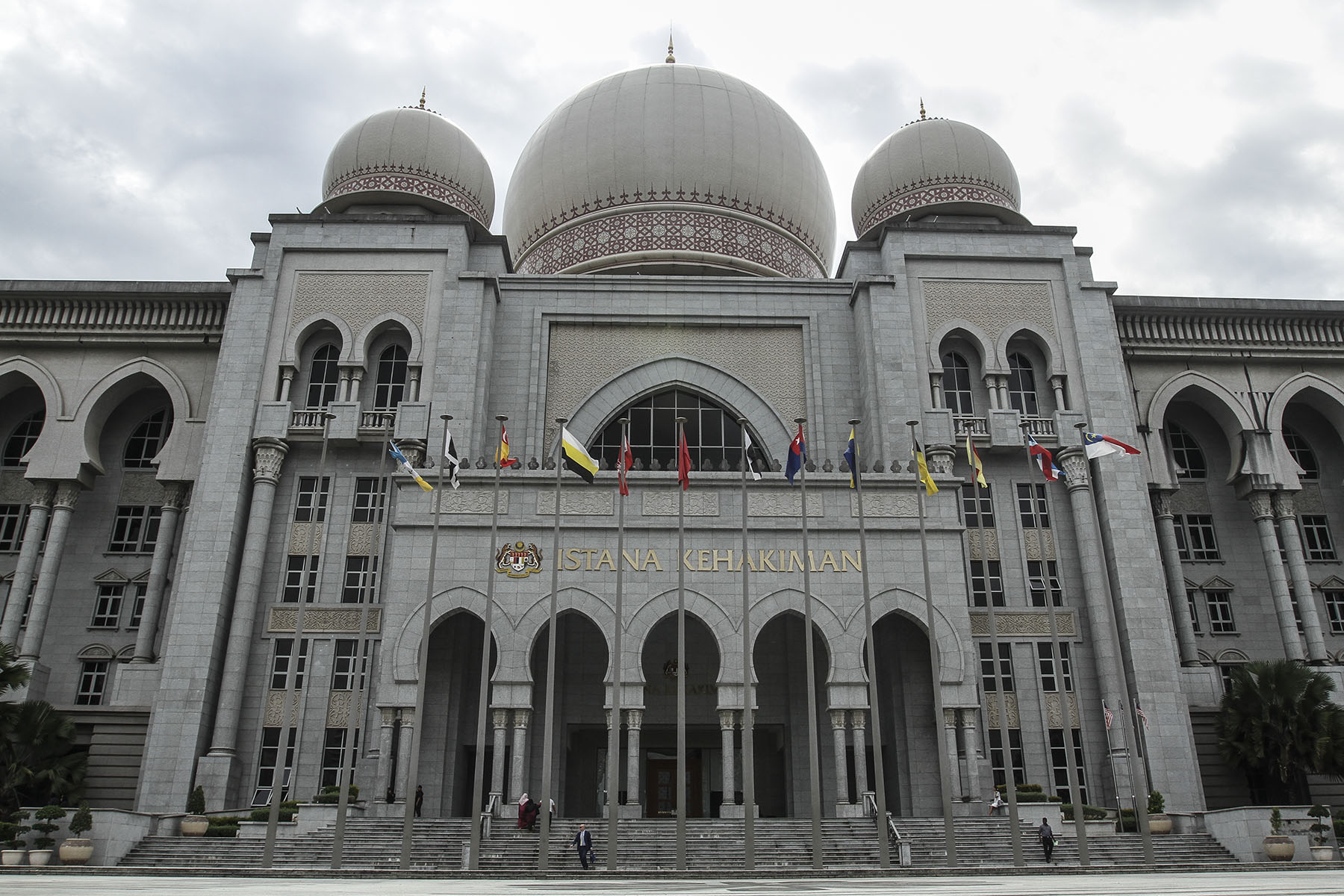PUTRAJAYA, Aug 6 — The Federal Court in a 5-2 majority decision today ruled that the National Security Council Act (NSCA) 2016 is valid and constitutional law.
All seven judges of the Federal Court made the ruling to answer the legal questions on the constitutionality of the NSCA raised by PKR president Datuk Seri Anwar Ibrahim in regards with his originating summons to challenge the constitutionality of the NSCA filed at Kuala Lumpur High Court.
The High Court had previously allowed Anwar’s application under Section 84 of the Courts of Judicature Act 1964 to refer the matter to the Federal Court for the determination of four constitutional questions.
The majority decision was read by Justice Datuk Zaleha Yusof and the other members of the bench who concurred with her were Justices Datuk Zabariah Mohd Yusof, Datuk Seri Hasnah Mohammed Hashim, Datuk Mary Lim Thiam Suan, and Datuk Rhodzariah Bujang.
Justice Zaleha said the NSCA is valid as it did not run foul of the Federal Constitution and the National Security Policy, among others and it did not indicate that the NSCA is meant to be the law against subversion.
“Clearly, it is meant to include protection and safety of people against situations of disasters like flood, earthquakes and other situations like the current Covid-19 pandemic. The court cannot turn a blind eye but instead must take judicial notice of the magnitude and effect of the Covid-19 pandemic, all of which remains real and affects the security of this nation.
“Surely, it cannot be suggested for a single moment that Covid -19 is due to the actions or threatened actions of subversion, organised violence, act and crime prejudicial to the public caused by a substantial body of persons, whether inside or outside the Federation. There is no evidence coming anywhere near close to the trigger in Article 149 of the Federal Constitution and the court must not engage in speculation,” she said when delivering the decision via Zoom.
Justices Datuk Vernon Ong Lam Kiat and Datuk Harmindar Singh Dhaliwal held the dissenting opinion that the NSCA 2016 was unconstitutional and invalid as it was actually a law dealing with national security and public order that could potentially affect a person’s fundamental rights to liberty; freedom of movement; freedom of speech, assembly and association; and property.
Justice Ong said the court is driven to the conclusion that the NSCA is a security law equipped with sweeping emergency-like powers which transgress on all the four fundamental rights specifically permitted under Article 149 of the Federal Constitution.
“As such, the NSCA is an Act which belongs to the class of subject matter of legislation which comes within the ambit of Article 149 of the Federal Constitution. Accordingly, I would allow the appeal,” he said.
Justice Ong then remitted the case to the High Court for disposal in accordance with the judgment of the court and according to law.
The Federal Court reheard Anwar’s legal questions as it had, on September 10 last year, allowed Anwar’s review application to set aside a majority ruling on February 11 which declined to answer constitutional questions on the validity of the NSCA.
On February 11 last year, the Federal Court in a 5-2 majority verdict declined to answer the constitutional questions raised by Anwar on the NSCA and held that it had not been shown that the existence of the NSCA had interfered with Anwar’s personal life.
Anwar subsequently filed an application to review the February 11 decision to which the court had on September 10 allowed his request to set aside the majority ruling and ordered the case to be reheard at the Federal Court.
Anwar had filed the originating summons in 2016 to challenge the constitutionality of the NSCA, claiming that its implementation was unconstitutional. He had named the National Security Council and government as defendants.
Senior federal counsels Suzana Atan and S. Narkunavathy appeared for the National Security Council and the Malaysian Government, while Datuk Seri Gopal Sri Ram and J. Leela represented Anwar. — Bernama



















